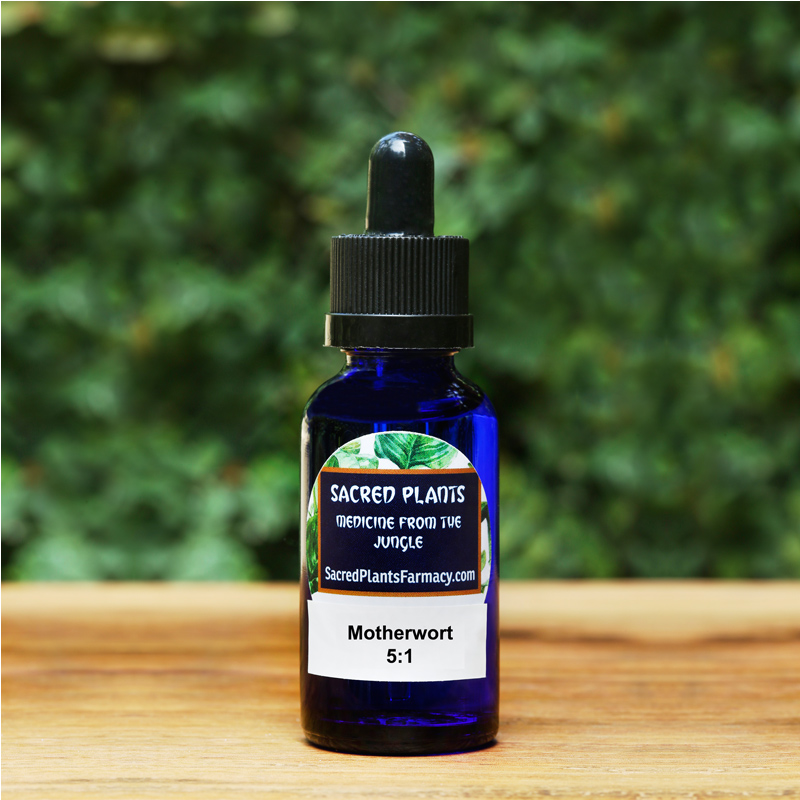Motherwort is used for:
- Anxiety.
- Menopausal symptoms.
- Post-partum complications.
- Heart conditions.
- Over-active thyroid (hyperthyroidism).
- Itching.
- Shingles.
- Intestinal gas (flatulence).
- Lack of menstrual periods.
- Reducing anxiety during early stages of childbirth.
- Jump starting stalled out contractions near the end of labor and delivery.
Motherwort is a plant. The parts that grow above the ground are used to make medicine.
Motherwort is used for heart conditions, including heart failure, irregular heartbeat, fast heartbeat, and heart symptoms due to anxiety. It is also used for the absence of menstrual periods, intestinal gas (flatulence), and over-active thyroid (hyperthyroidism).
Some people apply motherwort directly to the skin for itching and shingles. The seeds of two of the species (Leonurus artemisia or Leonurus heterophyllus) are used to improve eyesight and as a general tonic.
Possibly effective for…
- Sleep. Some research suggests taking a combination of motherwort, valerian, hops, and lemon balm by mouth before bed improves sleep in alcohol abusers going through withdrawal.
- Anxiety. Early research suggests that taking a motherwort tincture by mouth for 10 days can decrease anxiety.
- Menopausal symptoms. Early research suggests that taking a combination of motherwort, burdock, dong quai, licorice root, and wild yam by mouth for 12 weeks may reduce menopausal symptoms, such as hot flashes, sleep problems, mood changes, and vaginal dryness.
- Post-partum complications. Early research suggests that injecting motherwort into the uterus during a Cesarean section (C-section) then injecting motherwort into the muscle after the C-section reduces blood loss during surgery but increases blood loss after surgery when compared to the effects of the drug oxytocin. However, when motherwort is injected into the uterus and muscles along with oxytocin, it appears to decrease bleeding after a C-section when compared to oxytocin alone.
- Heart conditions (fast heart rate, abnormal rhythm).
- Over-active thyroid (hyperthyroidism).
- Itching.
- Shingles.
- Intestinal gas (flatulence).
- Lack of menstrual periods.
How does Motherwort work?
Motherwort might slow down the heart and thin the blood. It might also stimulate uterine tone and blood flow.
Are there safety concerns?
Motherwort is POSSIBLY SAFE for most people when taken by mouth appropriately. Side effects include diarrhea, stomach irritation, uterine bleeding, sleepiness, and allergic reactions. Contact with the skin can cause rashes and increased sensitivity to the sun.
Special Precautions & Warnings:
Pregnancy and breast-feeding: Taking motherwort by mouth during pregnancy is LIKELY UNSAFE and should be avoided. Motherwort can stimulate the uterus and might cause a miscarriage. Though it is often used during Labor and delivery to reduce anxiety and jump start stalled out contractions.
There is not enough reliable information about the safety of taking motherwort if you are breast-feeding. Stay on the safe side and avoid use.
Heart conditions: Motherwort can interfere with the treatment of heart conditions. If you have a heart condition, get your healthcare provider’s advice before starting motherwort.
Surgery: Motherwort can slow down (sedate) the central nervous system (CNS). There is a concern that when combined with anesthesia and other medications used during and after surgery, motherwort might cause too much sedation. Stop using motherwort at least 2 weeks before a scheduled surgery.
Uterine bleeding: Motherwort may be able to stimulate uterine blood flow, which is why some women try it for starting their periods. If you have a uterine bleeding condition, use motherwort with caution, since it might make this condition worse.
Are there any interactions with medications?
Sedative medications (CNS depressants)Interaction Rating: Moderate Be cautious with this combination.Talk with your health provider.
Motherwort might cause sleepiness and drowsiness. Medications that cause sleepiness are called sedatives. Taking motherwort along with sedative medications might cause too much sleepiness.
Some sedative medications include clonazepam (Klonopin), lorazepam (Ativan), phenobarbital (Donnatal), zolpidem (Ambien), and others.
Dosing considerations for Motherwort.
The appropriate dose of motherwort depends on several factors such as the user’s age, health, and several other conditions. At this time there is not enough scientific information to determine an appropriate range of doses for motherwort. Keep in mind that natural products are not always necessarily safe and dosages can be important. Be sure to follow relevant directions on product labels and consult your pharmacist or physician or other healthcare professional before using.
The statements made within this website have not been evaluated by the Food and Drug Administration. These statements and the products of this company are not intended to diagnose, treat, cure or prevent any disease.






